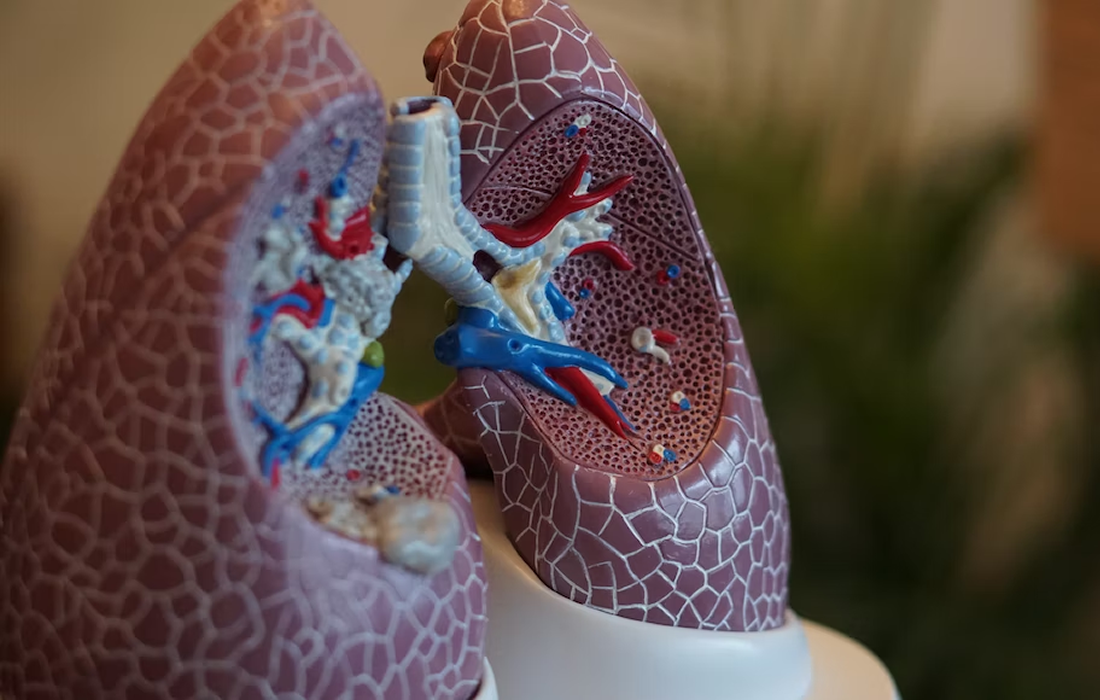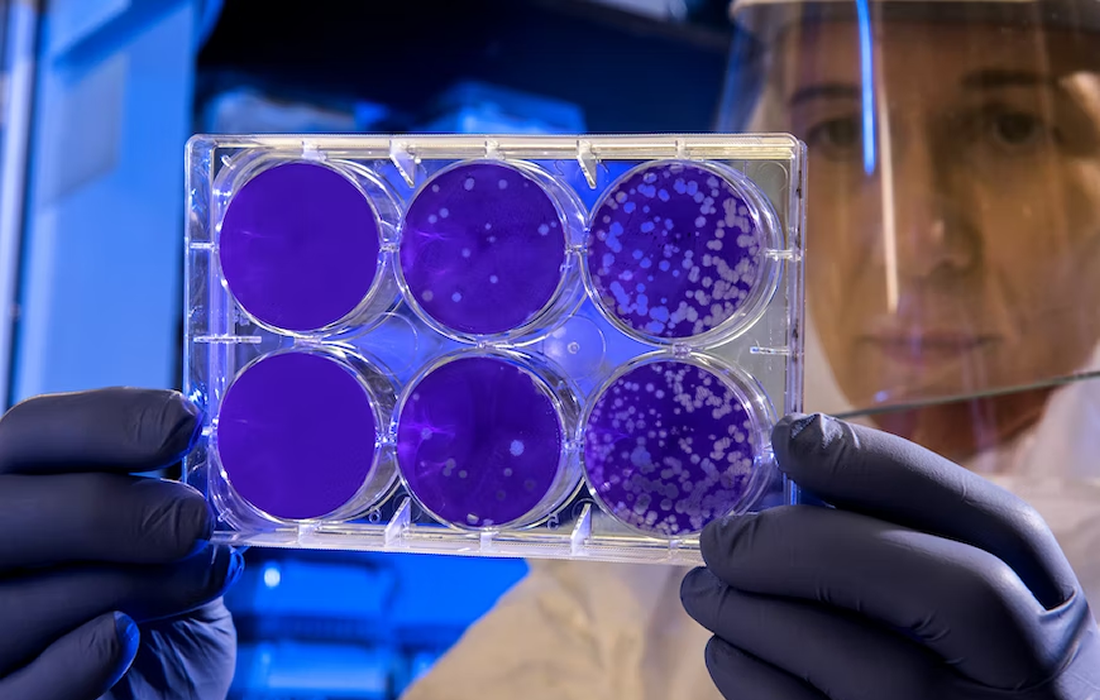Johns Hopkins Medicine researchers have discovered an immune cell in the intestine that affects the gut microbiome, which can impact brain functions associated with depression. Published in Nature Immunology, the study found that targeting these immune cells with medication or therapy may be possible to develop new treatments for depression. “The results of our study […]
Author Archives: Karely Vega, MD
Mpox — previously known as “monkeypox” — is currently spreading worldwide. An international research team from Goethe University and the University of Kent has now identified a compound that could help fight the disease. Their study has been published in the Journal of Medical Virology. Nitroxoline is the name of the new drug candidate that […]
In humanity’s ongoing quest for the elixir of life, science keeps pointing to stem cells. Research increasingly shows that maintaining stem cell fitness promotes a long healthspan, and new findings show keeping stem cells clean and tidy is an integral step. In a study published March 21, 2023 in Cell Stem Cell, researchers at University […]
There is a relative increase of 20% to 30% in breast cancer risk associated with both combined and progesterone-only contraceptives, whatever the mode of delivery, though with five years of use, the 15-year absolute excess incidence is at most 265 cases per 100,000 users. The results appear in a new study publishing March 21 in […]
Depression is a common mood disorder, affecting 5% of adults worldwide. Whilst effective treatments do exist, some patients experience unpleasant side effects, and an estimated 30.9% of patients have either no or a poor response to medication. Researchers are working to understand complementary and alternative therapies that may aid in treating depression. A recent study […]
Changes in the brain caused by Alzheimer’s disease are associated with shortening of the telomeres — the protective caps on the ends of chromosomes that shorten as cells age — according to a new study led by Anya Topiwala of Oxford Population Health, part of the University of Oxford, UK, published March 22 in the […]
As of 2020, more than 474,000 people around the world have leukemia — a cancer of the blood. Of the two main types of leukemia, acute leukemia is the most aggressive causing cells to multiply very rapidly in the blood and blood marrow. Although there are treatments for acute leukemia, survival rates depend on a […]
Cancer treatments have long been moving toward personalization — finding the right drugs that work for a patient’s unique tumor, based on specific genetic and molecular patterns. Many of these targeted therapies are highly effective, but aren’t available for all cancers, including non-small cell lung cancers (NSCLCs) that have an LKB1 genetic mutation. A new […]
For some time researchers have suggested that a Mediterranean diet — high in fresh fruit and vegetables, beans, nuts, whole grains, and fish — may help lower heart disease risk and increase life expectancy. An increasing amount of scientific evidence now backs up this notion. Recent studies have linked reduced rates of cardiovascular disease, dementia, […]
Staphylococcus aureus. You may have had it in connection with a wound infection. In most cases, it will pass without treatment, while severe cases may require antibiotics, which kills the bacteria. This is the case for the majority of the population. In fact, many of us — though we feel perfectly fine — carry staphylococci […]










